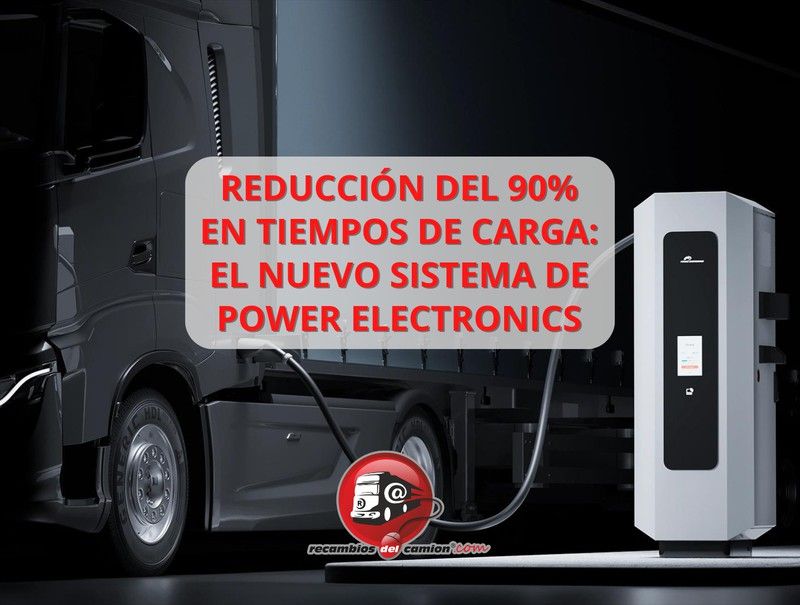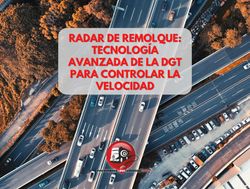90% reduction in charging times: The new Power Electronics system
The technology multinational Power Electronics has launched an ultra-fast charger for electric trucks that promises to revolutionize the transportation sector. This innovative system reduces recharging times by 90%, allowing heavy electric vehicles to charge their batteries from 10% to 80% in approximately 30 minutes, a substantial improvement compared to current charging times that vary between 1.5 and 7 hours.

Most car charging points in Spain have a power of 22 kW, with some ultra-fast charging points exceeding 250 kW. However, the new Power Electronics chargers, manufactured at its plant in Lliria (Valencia) and equipped with the MCS (Megawatt Charging System) charging system, reach an impressive power of 1,440 kW. This capacity allows up to four vehicles, trucks or buses to be charged simultaneously, optimizing recharging time with the mandatory rest time for truck drivers, which is 45 minutes every four and a half hours of driving.
Next July, Iberdrola and BP pulse will install the first ultra-fast charging point for trucks in Murcia, at the logistics base of Disfrimur, a company dedicated to the transportation and logistics of goods. This will be the first of many installations, as Power Electronics has more locations planned in the Netherlands, France, Germany and Sweden. According to company sources, chargers with MCS system are “a key solution for the mobility of the future.”
Power Electronics, a leader in solar inverters for photovoltaic plants and energy storage, is firmly committed to global electrification and electric mobility. Heavy electric vehicles, with their new charging system, produce at least 63% less emissions over their lifetime compared to diesel vehicles. The implementation of the MCS system is a crucial step for the expansion of an efficient cargo network for medium and long distance transportation.
Raúl Padierna, Chief Sales Officer of Power Electronics, highlights the importance of this advance in the context of the emissions of the transport sector in Spain: “In 2022 alone, the Spanish transport sector emitted 90.46 million tons of CO2, being responsible for 28.4% of This figure is road transport. If we want to achieve the decarbonization objectives set by the EU, we have a very ambitious challenge ahead of us, but one that, thanks to our MCS solution, is realistic given that we offer an effective alternative for companies with vehicle fleets.”
The electrification of heavy transport is a considerable challenge that requires large investments and constant technological innovation. Pablo Pirles, general director of Iberdrola | bp pulse, highlights: “The electrification of heavy transport is a great challenge subject to large investments, greater technological innovation and with still low vehicle penetration. This milestone represents the first step towards the electrification of the Mediterranean road freight corridor, allowing long distance travel, a fact that will contribute to reducing emissions in the transport sector.”
The introduction of Power Electronics' ultra-fast charging system not only marks a significant advance in heavy-duty electric vehicle charging technology, but also establishes a solid foundation for emissions reduction and sustainability in the transportation sector. With the first installation in Murcia and a planned expansion throughout Europe, this development promises to be a fundamental pillar on the path towards cleaner and more efficient mobility.
In Summary, Power Electronics' commitment to the electrification of heavy transport not only improves the operational efficiency of truck fleets, but also contributes significantly to global emissions reduction goals, marking an important milestone in the mobility of the future. .





Opinions of our clients
Receive our news